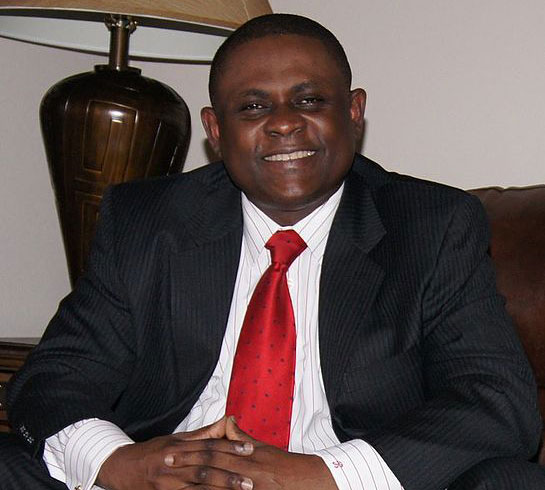
November 26, 2016; Pittsburgh Post-Gazette
Laudatory biopics are typically made about people with a strong moral compass. Just eleven months after the release of the movie Concussion was used as the platform to announce the beginning of the Bennet Omalu Foundation, the charity has announced its closure. Omalu deserves the benefit of the doubt as to why this happened.
Without sufficient time to file a full year of taxes, there is not much to report on the private foundation with the exception of the start-up revenue reported on the nonprofit’s 2015 Form 990, totaling just over $28,000. The foundation’s website and social media sites are inactive; it seems that, just like that, the Hollywood-inspired foundation flipped a switch and is gone.
For those who have followed Omalu’s career, this is not a shocking ending. It is not the charity Omalu helped to create, nor is it the first from which he has walked away. The new Bennet Omalu Foundation did set a precedent as the first to bear his name, and its Hollywood attachment made it somewhat distinct. However, all three charities he helped establish have common purpose statements and similar language on their websites and/or 990s that focus on chronic traumatic encephalopathy (CTE) awareness, research, and possible cure.
Dr. Omalu, portrayed by Will Smith in Concussion, discovered CTE in 2002 while conducting an autopsy on Pittsburgh Steelers’ center Mike Webster. Following the discovery, he and partners founded the nonprofit Sports Legacy Institute, which was later renamed the Concussion Legacy Foundation in 2009. The following year, Omalu helped found the Brain Injury Research Institute, another nonprofit, and this past year, the Bennet Omalu Foundation was created by Concussion producer Giannia Scott. It is reported that Giannia Scott came up with the idea to create this latest charity, the Bennet Omalu Foundation, to raise awareness of CTE and fund research while working with Omalu to produce the movie. At the time of its formation, Omalu said, “I was out there in the cold, dying, and only Hollywood extended out their hand.”
Sign up for our free newsletters
Subscribe to NPQ's newsletters to have our top stories delivered directly to your inbox.
By signing up, you agree to our privacy policy and terms of use, and to receive messages from NPQ and our partners.
When asked why he was choosing to end the Bennet Omalu Foundation, Omalu said that things had become too complicated and that his family was most important. The transformation from quiet scientist into national celebrity has been a painful one, he said. “There are times I wish I never looked at Mike Webster’s brain,” he told GQ. “It has dragged me into worldly affairs I do not want to be associated with.”
Running a charity correctly—understanding laws, regulations, ethics, conflicts of interest, evaluation, and best practice—requires careful attention to the parameters just like running a successful high quality research lab does. So often, charities get picked up as side projects, like deciding to write a book or go on a speaker’s circuit.
As for Omalu’s decisions, there are times charities desperately need someone strong enough to dig in their heels, hold their ground, and help a nonprofit course-correct. Other times, as NPQ has reported in the past, it is best to walk away, regardless of position. Omalu’s willingness to recognize his own capacity and capabilities and, most important, being brave enough to move when it does not feel right, is an equally hard decision. Regardless of the path or the lessons learned along the way, either choice can have good outcomes when thoughtfully chosen for the best interest of the charity and public good.—Michelle Lemming
This article has been altered from its initial form to remove information that NPQ has learned is contested regarding one of Mr. Omalu’s other foundations.












